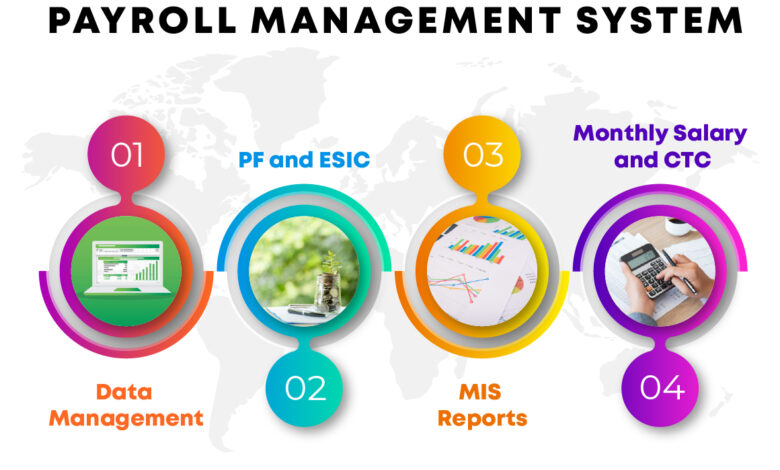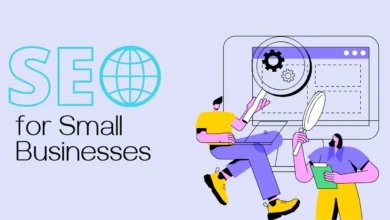Do Small Businesses Need Payroll Software?

Investing in payroll software helps to save time and money for small businesses. It automates tasks and helps to ensure compliance with regulations. The best payroll software providers make it easy to process payments with a few clicks or taps. They also offer same-day or next-day direct deposits for employees.
Cost
Payroll software is designed to save small business owners time and money by automating the manual processes of payroll processing and employee benefits management. It can reduce labor costs and the risk of human error associated with cutting checks and filing taxes by hand. A properly configured payroll system will help you maintain compliance by tracking federal, state, and local pay regulations and rules. This way, you can avoid the unwanted attention of government agencies and focus on running your business.
The price of a payroll system will depend on the options you choose and your organization’s size. For example, larger businesses may need more robust tools for managing HR across multiple locations or complex reporting as part of their payroll solution. On the other hand, smaller companies only require basic capabilities such as compensation, time tracking, payroll tax filing, and reporting. Some companies offer a full-service payroll option for your payroll and taxes. It can be an excellent option for new companies needing the workforce to handle these tasks in-house.
Features
Many small business payroll software packages feature time tracking and employee benefits management elements in addition to payroll processing. These features automate data entry and simplify tedious tasks that would otherwise require manual effort, which saves both time and money. Moreover, they help eliminate inaccuracies and ensure compliance with tax laws. These functions can even help you avoid fines and other penalties. When selecting a payroll system, you should consider the essential features of your business. If you want to pay your personnel by direct deposit, look for a supplier who offers that option. This payment method is convenient for staff members and reduces the risk of fraud. Printing checks and paying for postage can save you time and money.
Additionally, consider the level of help your supplier offers. Some providers offer self-service tools and tutorials, while others provide phone or email customer service. Some also have community forums where you can seek advice from other HR professionals and users of the software. It’s also worth comparing the pricing models of different vendors. Some offer one-time licensing, while others charge a monthly fee.
Ease of Use
A sound payroll system should be easy, even for non-tech-savvy staffers. It is essential if you have new hires since they must learn how to work with the system. Most providers offer 24/7 customer support, and some provide online training, webinars, and demos to help your staffers get up to speed quickly.
In addition, the best payroll software for small businesses should make it easy to pay taxes and manage employee time sheets. It should also have tools for managing benefits and calculating deductions. Additionally, you can guarantee that your employees receive accurate paychecks and tax filings. Some payroll systems charge a monthly fee, while others require paying a percentage of your total payroll. If you decide to switch payroll services, it’s essential to plan and notify your team members about the change. You should also coordinate your tax filings with your new provider to avoid penalties. In addition, it’s helpful to review your payroll journal to identify any discrepancies that need to be corrected. Finally, make sure to inform your accountant about the switch.
Integrations
When choosing a payroll tool, look for one that’s budget-friendly and offers all the essential features your business needs. Some options, like Connecteam, show a fixed price for the first 30 users, which helps you stay on budget and ensures all payroll tasks are handled. Other tools, such as Gusto, allow you to customize your pricing plan depending on the number of employees in your organization. Most payroll systems will help you streamline payroll processes by calculating employee paychecks, paying and filing taxes, and distributing funds through direct deposit or paper checks. Some systems even provide new hire onboarding and recordkeeping solutions. Additionally, they’ll offer out-of-the-box reports and analytics that let you track expenses, billable hours, benefits, and Corretor Ortográfico.
In addition to paying and filing payroll taxes, some systems will keep track of all your payroll data and provide you with a detailed report of each pay period’s activities. They’ll also automatically update your bank account balances and reconcile your accounts. Lastly, they’ll keep records of your past payroll periods and make backups for you. Whether you choose a full-service payroll solution or a less expensive self-employed version, you’ll need to enter banking details for your business and your employees so wages can be directly deposited into their accounts. You’ll also need to input your business’s tax rate, 401(k) deductions, PTO, and personal records.



